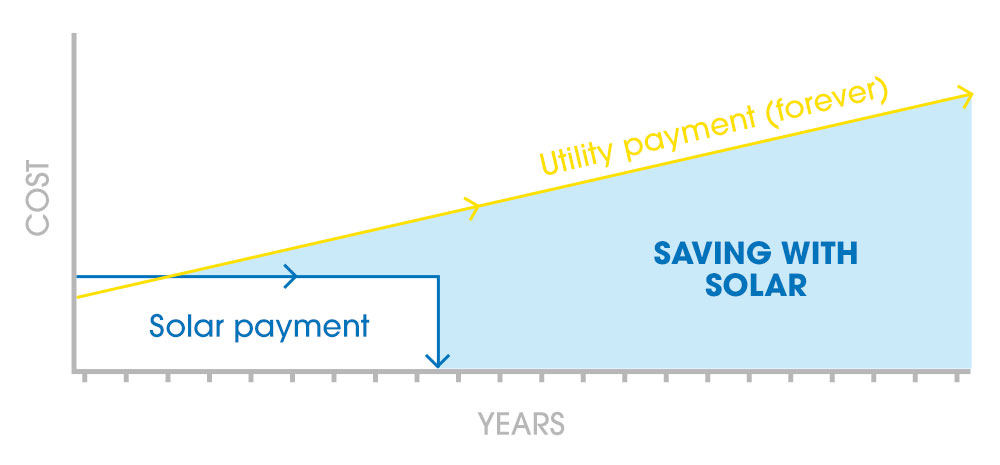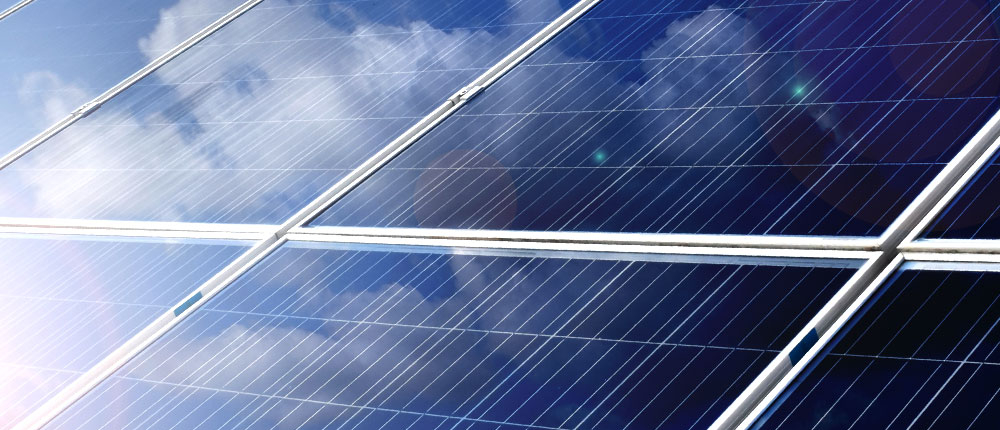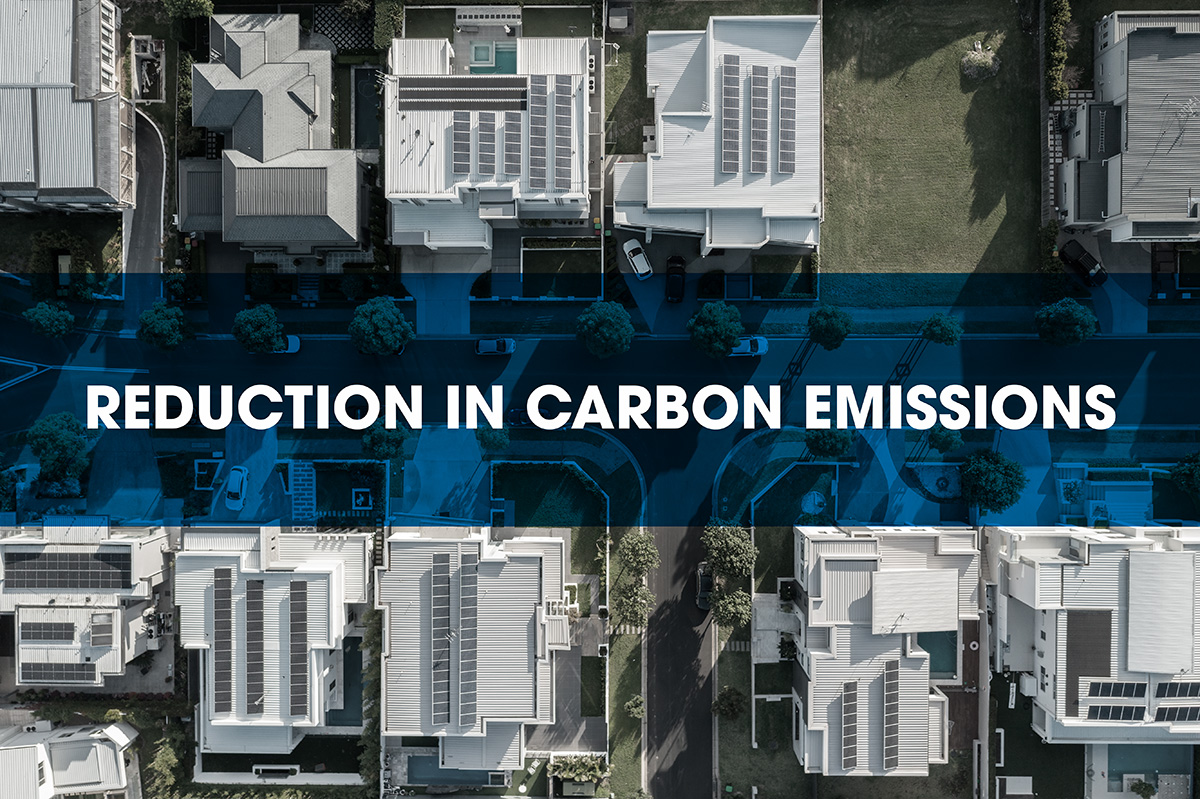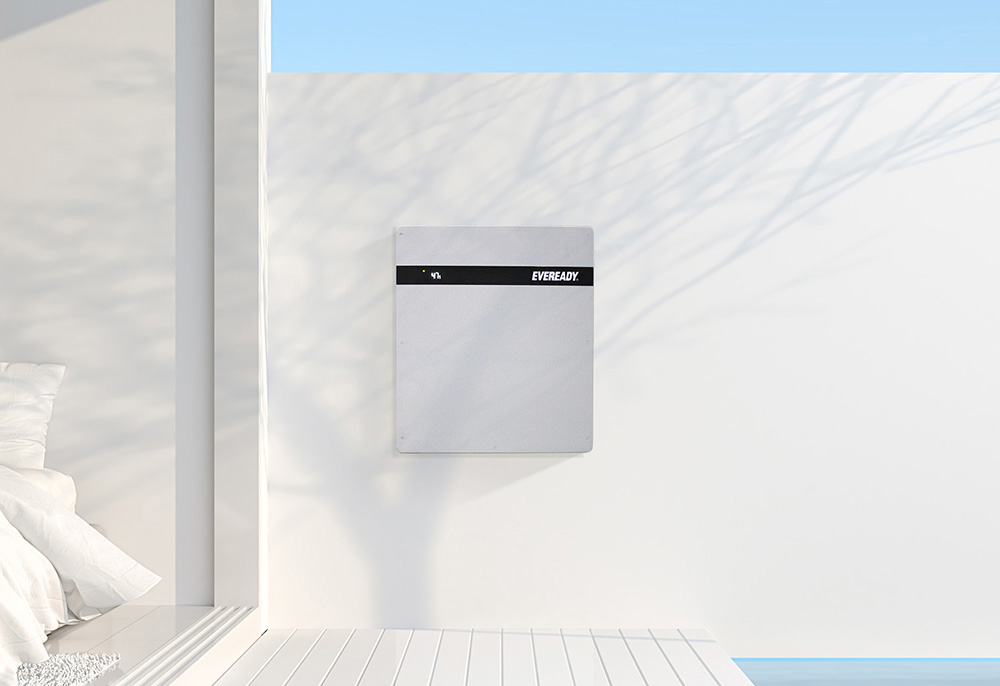Integrating solar batteries with smart home systems sets a new standard for efficiency, convenience, and sustainability in the rapidly evolving landscape of home energy solutions. As Australia strides towards a greener future, this synergy empowers homeowners to optimise their energy usage and paves the way for a revolution in residential energy management.
Solar Battery Group, a leader in the Australian solar industry, is at the forefront of this transformative shift, offering solutions that harness the power of smart technology to elevate your solar experience.
The Rise of Smart Home Energy Systems
Smart home systems have become pivotal in energy management. These systems allow homeowners to control appliances, lighting, heating, and cooling with the touch of a button or a simple voice command. When integrated with solar batteries, the potential for energy optimisation is unparalleled.
Integrating these batteries with a smart home system enables real-time monitoring and control over this stored energy, allowing for more strategic energy consumption and significant cost savings.
Understanding Solar Battery Integration
A solar battery stores excess energy generated by your solar panels, making it available for use during peak demand times or when the sun isn’t shining. Integrating these batteries with a smart home system enables real-time monitoring and control over this stored energy, allowing for more strategic energy consumption and significant cost savings.

The Benefits of Integration
Enhanced Energy Efficiency: Smart systems can automatically adjust energy consumption based on availability, ensuring the most efficient use of stored solar power.
Cost Savings: By utilising solar energy more effectively, homeowners can significantly reduce their reliance on the grid, lowering electricity bills.
Environmental Impact: This integration supports a more sustainable lifestyle, contributing to reduced carbon emissions and a healthier planet.
Convenience and Control: Homeowners can easily manage their energy usage remotely, ensuring they have power when they need it most.
Navigating the Smart Solar Home Revolution
Adopting this integrated approach may seem daunting, but transitioning to a smart solar-powered home with Solar Battery Group‘s expertise is seamless. Here are key considerations for those ready to embrace the future of home energy:
Choosing the Right Solar Battery System
Select a solar battery that aligns with your energy needs and is compatible with smart home technologies. Solar Battery Group offers a range of options tailored to various household requirements.
Smart Home Compatibility
Ensure your smart home system seamlessly connects with your solar battery for easy monitoring and control. Compatibility is key to unlocking this integration’s full potential.
Professional Installation and Setup
Rely on experts like Solar Battery Group to install and set up your integrated system. Professional guidance guarantees optimal performance and reliability.
Customisation and Scalability
Your energy needs may evolve, and so should your system. Opt for solutions that offer flexibility and scalability to accommodate future enhancements.
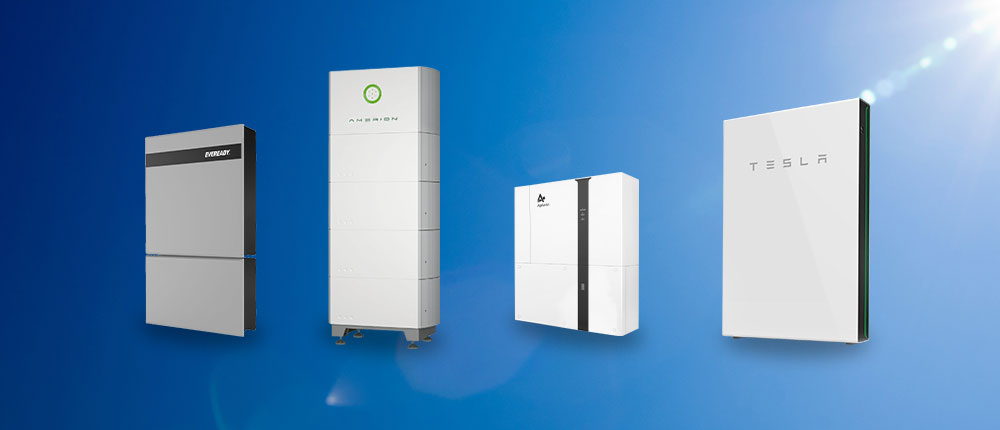
homeowners can enjoy unparalleled efficiency, convenience, and sustainability, setting a new standard for residential energy in Australia.
The Path Forward
As we look towards a future dominated by renewable energy, integrating solar batteries with smart home systems represents a significant leap forward. This synergy not only maximises the utility of solar power but also introduces a new level of sophistication in home energy management.
Solar Battery Group is committed to leading this charge, offering innovative solutions that empower Australians to take control of their energy future. By embracing this integrated approach, homeowners can enjoy unparalleled efficiency, convenience, and sustainability, setting a new standard for residential energy in Australia.
The future of home energy is not just about adopting new technologies but reimagining our relationship with energy itself. With Solar Battery Group, step into a future where your home powers itself and intelligently adapts to your lifestyle, ensuring energy is always available when and where you need it most.


